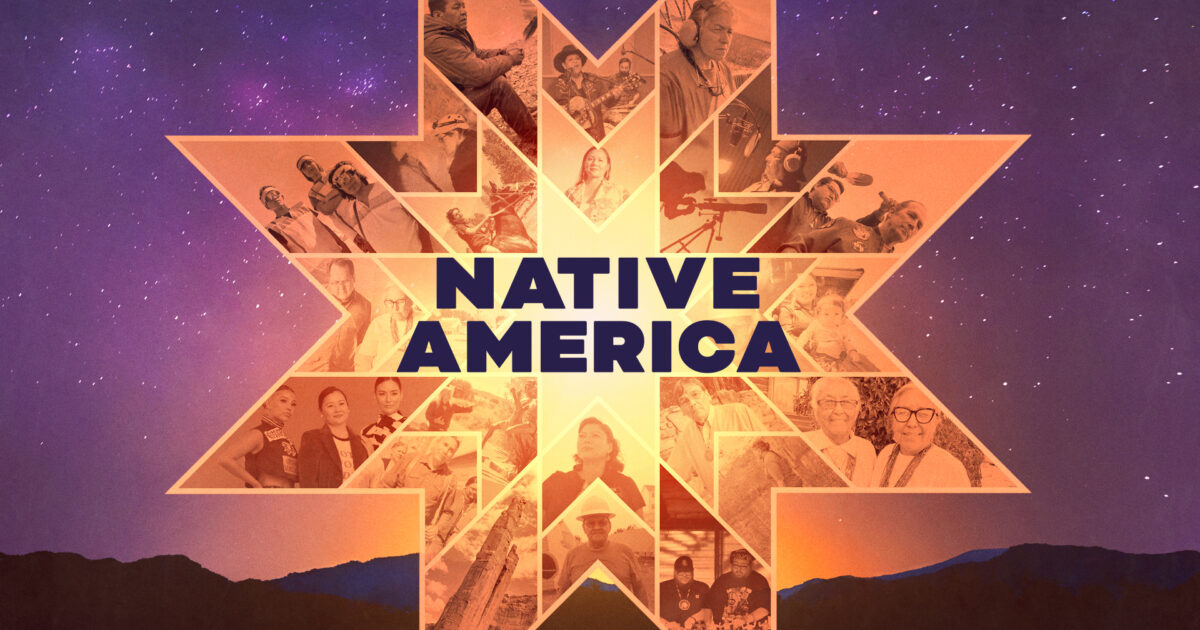It occurred to me recently, that, were Roger Lawrence still posting here, he would likely be the first to caution against taking mythic accounts, based in oral histories, too seriously. I believe it would affect his scientific based sensibilities. And, indeed, this series could perhaps inspire debate on differing world views, and the value different people place on different world views. But, it may also be appropriate, and it's certainly easier, to simply accept divergence of opinions on such a broad subject matter as weighing the value of world views. After all, I'm a nut, and will still talk to my crow friends, even if some call it cultural appropriation.



Leave a comment: